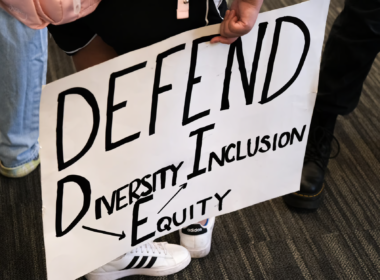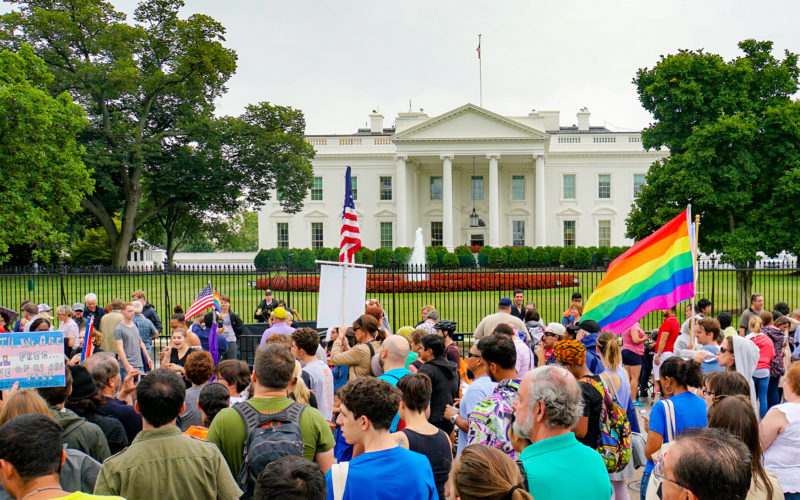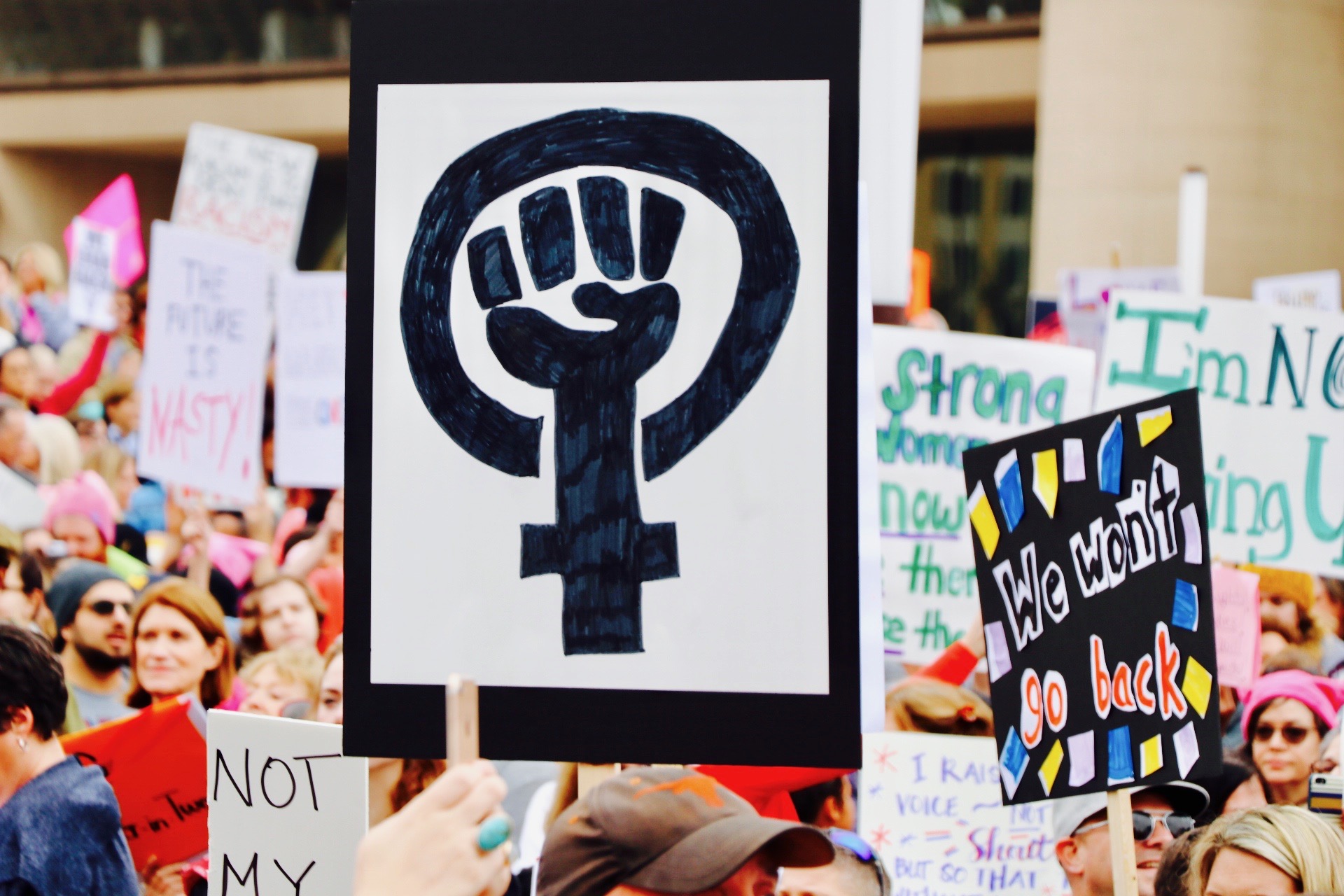My wife of three years and I are going to get married in New York next week. We have intermittently discussed going somewhere to get legally married, but have always decided that there is no point in going out of the way for it because the paper will become irrelevant as soon as we come home. Everyone we know recognizes the reality of our marriage, so it has not been a priority. However, a couple of things have happened recently which have made us decide to go for it. One of those things is Mitt Romney’s presidential candidacy. It has occurred to us that we may well need to leave the country should the fall elections go the wrong way, and it would be far easier for us to immigrate if we are a legal entity. The other thing is the upcoming wedding of a couple of our friends, which is going to be in Manhattan, and which we will be attending.
When I speak to people outside of Texas about being gay married, the reactions tend to range from “Oh, you can do that there?” to “Oh God. You live in TEXAS?” followed by a litany of unflattering commentary on what they have heard Texas is like. The truth, of course, lies between the two. Yes, we can get married here; there are no police waiting to haul away gay wedding participants, and I have yet to hear of anyone getting run out of town on a rail or shot at sunrise on account of it. Most venues and wedding-related services recognize that currency is currency. However, in 2005, voters passed Proposition 2, which amended the Texas Constitution to prohibit gay marriage, and moreover, to prohibit the State recognizing any sort of legal arrangement which could be remotely construed as approving of or benefiting gay partnership.
Since it was already impossible to get gay married in Texas, the specific prohibition did not change much, but the clause stating that “[t]his state or a political subdivision of this state may not create or recognize any legal status identical or similar to marriage” (Article I, Section 32) has had significant consequences for gays on a practical level. In 2008, Uri Horesh, then an Arabic language lecturer at the University of Texas, went on a hunger strike for partner benefits. Other public universities in states with “marriage protection” laws had managed to circumvent them by changing the wording regarding who, in relation to a university employee, is eligible for benefits. Horesh has since left UT, and according to a column published on March 25, 2012 in The Daily Texan, the university still does not offer benefits for gay partners of its employees.
Had the amendment not included that extra provision, state employment would look a lot more attractive to LGBT candidates. The Pride and Equity Faculty and Staff Association at UT released a report in 2008—after Horesh ended his fast—discussing the problem. The reports states that the university has lost candidates who were interested in teaching at UT, but who took positions at other universities due to the lack of partner benefits. This is relevant to other state departments; if state employees cannot secure benefits and legal recognition for their dependents, those with a lack of attachment to Texas—and those whose need for the benefits trumps their attachment—will go elsewhere to live and work. This ultimately hurts the state of Texas economically, academically, and ultimately culturally.
Legal recognition of relationships—or the lack thereof—begets a variety of ramifications from the momentous to the mundane. The former category, including problems such as health insurance coverage, bereavement leave, and power of attorney issues, could have disastrous effects on a couple in case of emergency. The latter category represents a series of mild to moderate inconveniences—first world problems—which probably do not even make it onto the radar of most people. One example is that at rental car establishments, two people sharing driving duty have to pay a surcharge for the second driver—unless they are married. I am pleased to report that Enterprise Rent-a-Car considers my wife and I married in this context (other companies may do this as well; my data set is limited in this matter). The emergency room staff in south Austin are blasé about it, and when one of our friends gave birth in northwest Austin, her wife was present throughout.
These kindnesses, however, are just that—kindnesses. No one is under any legal obligation to treat any of us equally with our straight counterparts, and if, as mentioned at the beginning of the article, my wife and I were to immigrate, it would be twice as difficult for us as it would be for a legally recognized couple because we would both have to secure work visas before leaving. Legally married couples only require a guarantee of employment for one person; the other gets to go along because they are married. If we were to have some sort of medical emergency, no one would be under any obligation to allow the non-injured person to be present. My in-laws are still technically my wife’s next of kin, and my parents are mine. The list goes on ad nauseum—emphasis, perhaps, on nauseum.
Of course, my wife and I getting married in New York will not solve most of the potential problems we could face in the future while living in Texas. Living in New York is not really an option, mostly due to an unfortunate dearth of decent Mexican food. Fortunately for us, on May 31, the 1st Circuit Court of Appeals declared a section of the 1996 Defense of Marriage Act unconstitutional because it denies equal rights for legally married gay couples. The ramifications of this ruling are as yet uncertain, but we are still slowly making progress as a group. It is also worth noting that at this point, sixty percent of Texans are actually in favor of some form of legal recognition for gay couples. Hope for equal civil rights is on the horizon, the wind is blowing our way, and it is picking up speed.











